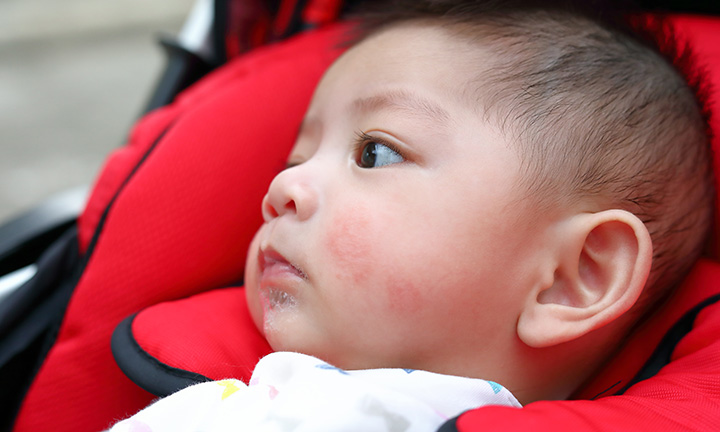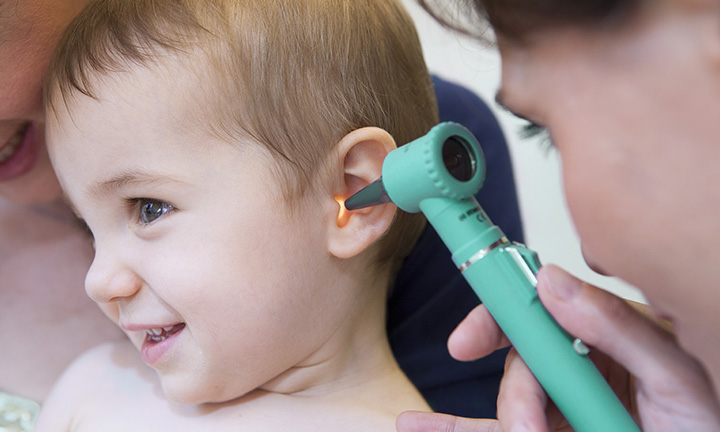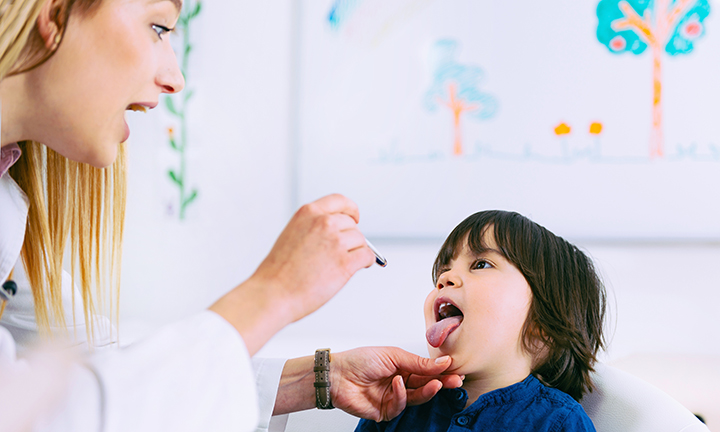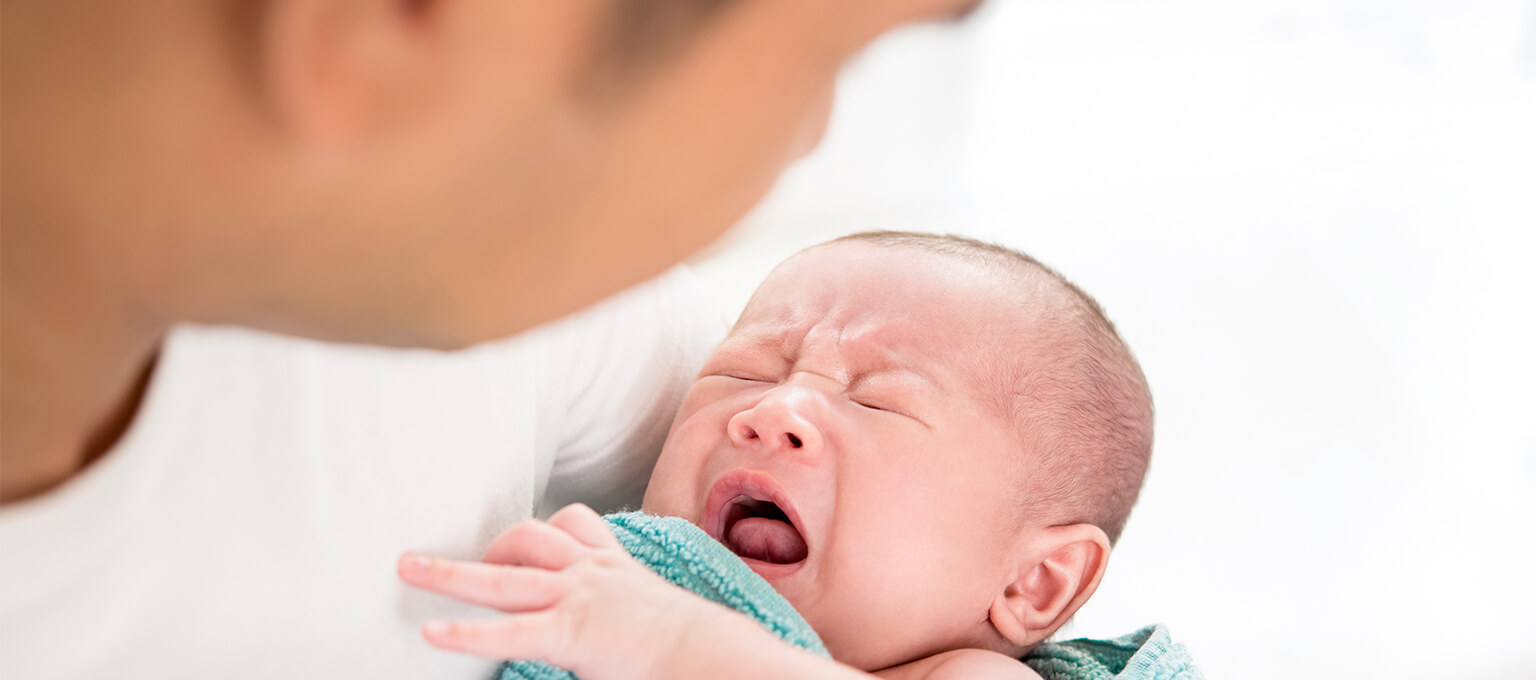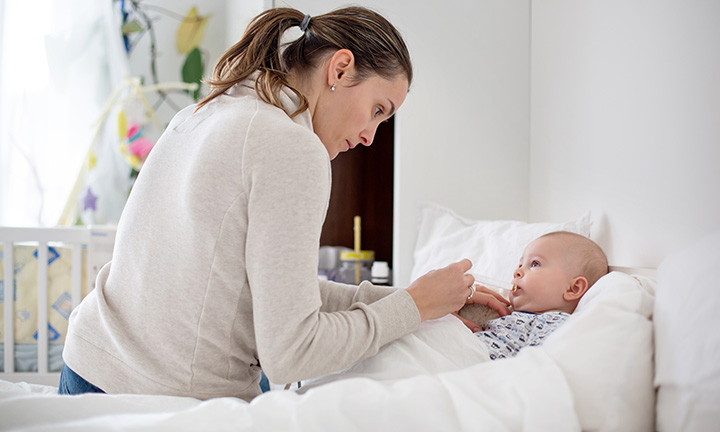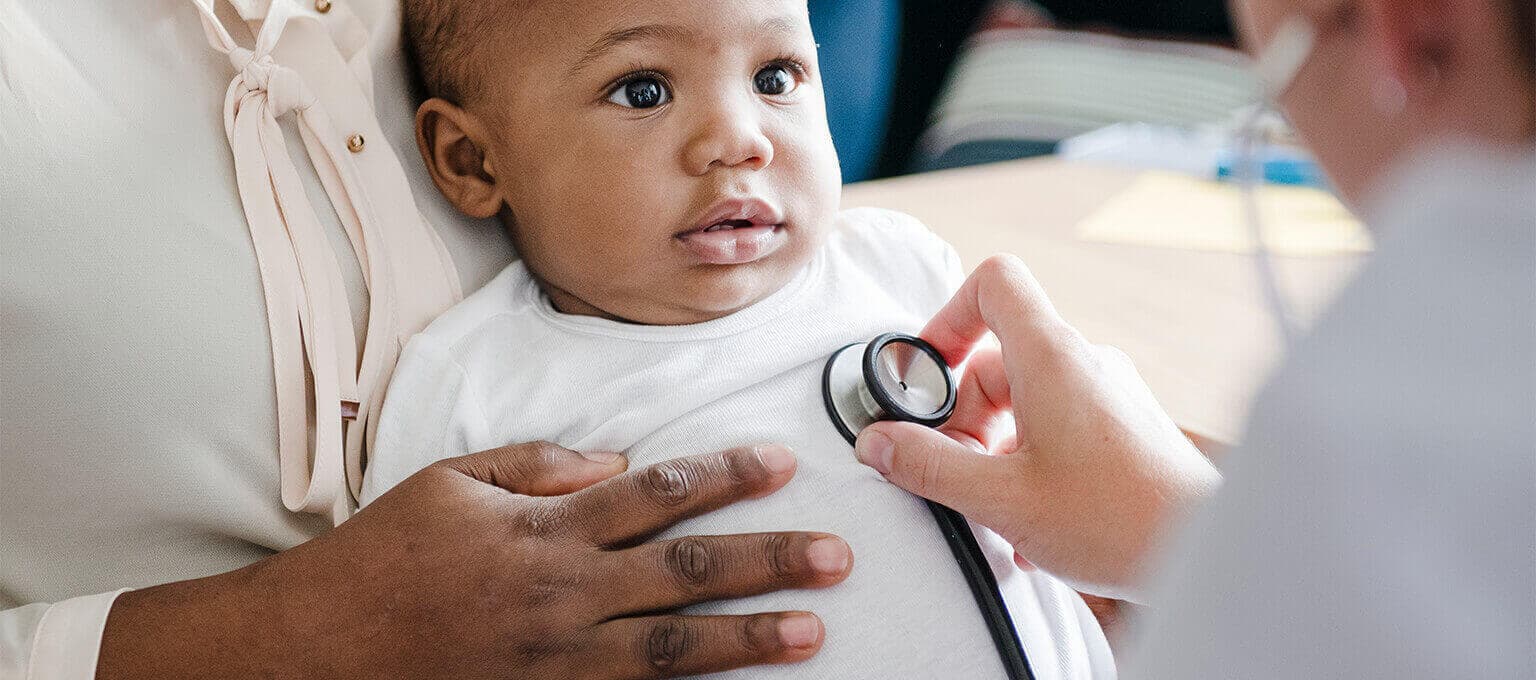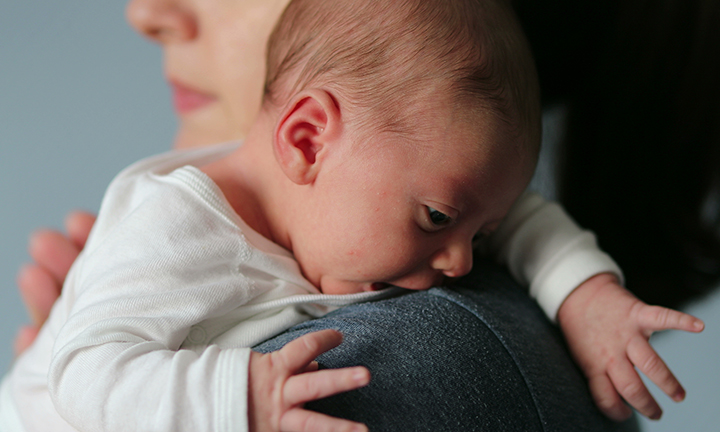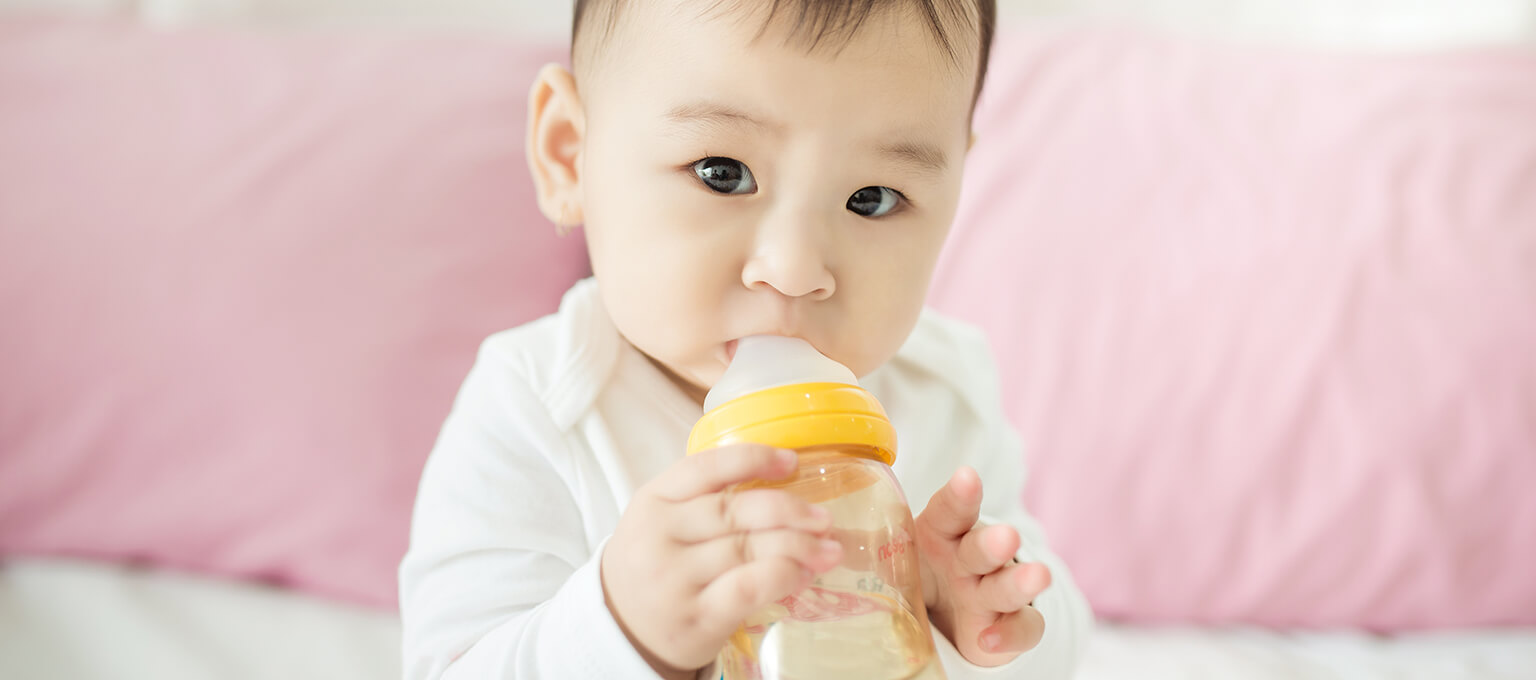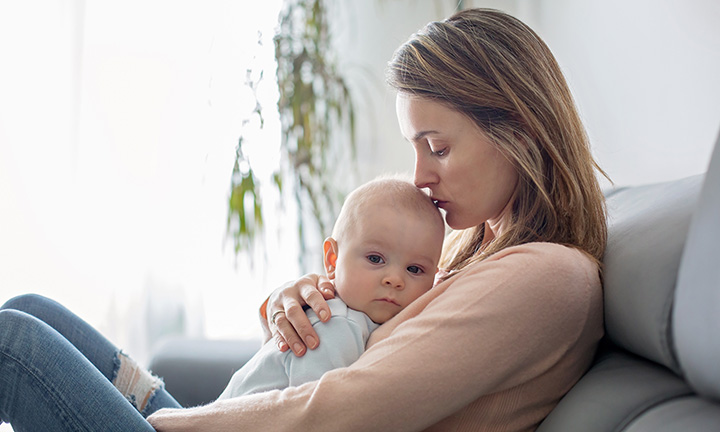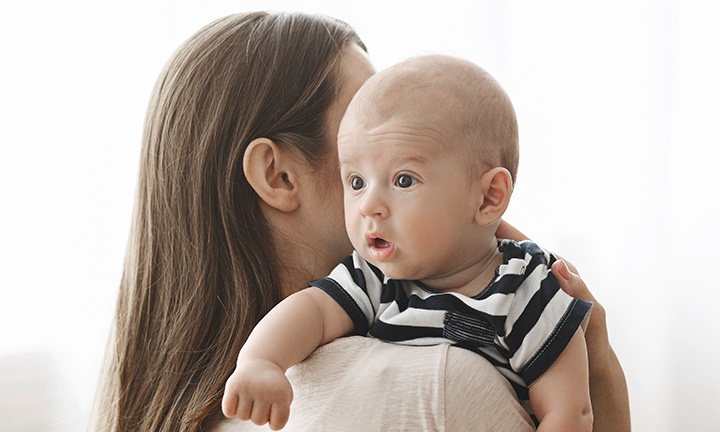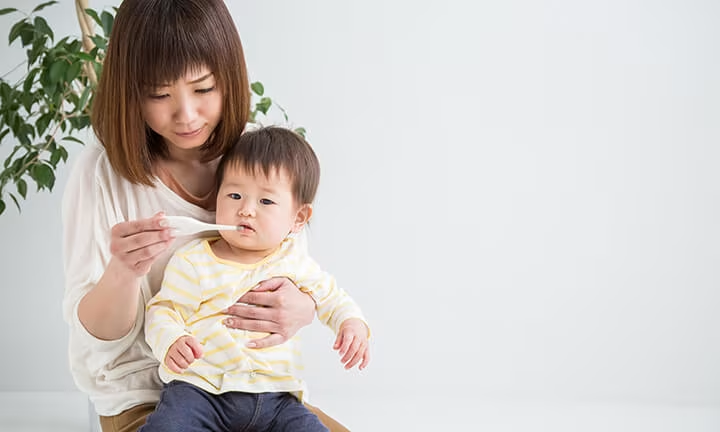
Baby Diarrhea: Causes, Symptoms, and Treatment


It's normal for your baby to have all kinds of poop, even the occasional loose stool. But if what's coming out is super watery and happening over and over, your baby most likely has diarrhea.
Diarrhea is uncomfortable and unpleasant, especially when it comes to changing your baby or toddler's diaper. Even if your baby has diarrhea but seems fine, it's important to understand the causes and treatments. Find out what causes diarrhea, how you can treat or even prevent it, and when you might need to see your baby's healthcare provider for guidance.
What Is Diarrhea?
Diarrhea happens when your baby's intestines are irritated and can't properly digest or absorb nutrients from the food they eat. The stools become loose and watery, and your baby might have more frequent bowel movements. Sometimes, you might notice yellow watery diarrhea in your baby, which is common. Diarrhea can last for a few days or even a few weeks if it's chronic.
Along with the water in the stools, your child can lose lots of important minerals and salts, which can lead to dehydration. That's why it's important to rehydrate your little one with the right fluids, avoiding sweetened drinks and fruit juices, which can further irritate the intestines as the sugars draw out even more water.
While your baby has diarrhea, their healthcare provider might suggest giving a store-bought electrolyte solution to rehydrate your little one.
Diarrhea and Related Signs and Symptoms
Diarrhea consists of loose and/or watery stools that happen frequently.
Other signs and symptoms that can come with diarrhea include:
Sometimes, your baby has diarrhea but seems fine, showing no other signs of illness. If baby diarrhea occurs with no fever, it's still important to monitor your child's condition and consult with their healthcare provider if needed.
Causes of Diarrhea
Even newborn diarrhea can happen, often due to viruses like norovirus and rotavirus.In young children, the main causes of diarrhea are viruses (like norovirus and rotavirus), but other causes include:
Treatment
The kind of treatment your baby’s healthcare provider recommends will depend on what's causing the diarrhea and how severe it is.
There's no medication for diarrhea caused by a virus—it usually clears up on its own with time. Your child's healthcare provider might run tests to make sure the diarrhea isn't due to something else.
In rare cases, diarrhea can be caused by bacteria or a parasite. If the provider suspects this, they'll test your child's stool and prescribe the right medication if needed.
If the healthcare provider thinks the diarrhea is triggered by a food allergy or intolerance, they might run some tests and/or recommend an action plan, which could include an elimination diet. This means stopping certain foods to see if the diarrhea resolves.
Over-the-counter anti-diarrheal medicines aren't recommended for kids under 2 years old. These medicines can harm your baby’s intestines. Always check with your child's healthcare provider before giving your little one any medication for diarrhea.
Treatment of Mild to Moderate Diarrhea
If your baby or toddler has diarrhea but no other symptoms (like vomiting, dehydration, or fever) and is acting normally and eating normally, you might not need to seek treatment or change their diet.
Keep feeding your little one as usual—whether that's with solid food, breast milk, or formula—as the diarrhea might clear up on its own. If anything, you might consider reducing portion sizes of solid food.
If your child is vomiting along with diarrhea, you might think about giving a store-bought electrolyte solution instead of their normal diet but check with their healthcare provider first. Ask any questions you have, especially about how much and when to give the solution.
Treatment of Severe Diarrhea
If your baby or toddler has watery stools every couple of hours or more, get in touch with their healthcare provider. They might advise you to stop giving your child any solid foods for 24 hours and to avoid sugary drinks, broths that are high in sodium, and even water.
Instead, the provider might recommend giving your child a store-bought electrolyte solution. These contain the right levels of minerals and salts to rehydrate your baby.
When to Seek Immediate Medical Attention
It's a good idea to contact the healthcare provider whenever your child has diarrhea, even if it's mild. But sometimes, it's especially important to notify the provider promptly or even immediately.
If you notice your child has any of the following types of diarrhea, let your provider know, as your child might need to be checked and tested as soon as possible:
Keep in mind that a newborn or infant often has varying colors of poop, including yellowish poop, and these are typically not signs of diarrhea. If you're ever unsure, check with your baby's healthcare provider.
Sometimes, your child might have additional symptoms. If so, it could be a sign of a more serious condition that only your child's healthcare provider can diagnose.If you notice any of the following along with diarrhea, contact the provider immediately:
Keeping Your Child Hydrated
Rehydration is super important during a diarrhea spell to prevent your child from getting dehydrated. If your baby is younger than 6 months old, keep them hydrated with breast milk or formula since water isn't recommended for babies in the first six months. For babies and toddlers over 6 months old, you can keep giving the same liquids you normally would, like water, breast milk, or formula.
Your baby or toddler's healthcare provider might recommend using a store-bought electrolyte solution to help keep your little one properly hydrated and may offer specific instructions on how to do this. Here are some general guidelines:
If you see signs of dehydration in your little one—like fewer wet diapers, no tears when crying, or sunken eyes and soft spots—call the healthcare provider. This kind of dehydration might be severe and could require hospitalization so your child can be rehydrated with intravenous fluids.
Preventing Diarrhea
Diarrhea isn't something you can prevent entirely, but there are ways to lessen the chances of your child getting diarrhea associated with viruses, bacteria, or food poisoning:
FAQs at a Glance
You shouldn't give your baby anything for diarrhea without consulting their healthcare provider first. Avoid giving any anti-diarrheal medicine to a child under 2 years old, as this can harm their intestines.
The Bottom Line
Even though diarrhea is unpleasant for both your baby and you during diaper changes, soon enough you'll be back to changing diapers with no unpleasant surprises, and your baby will be back to their happy self.
Want to get rewarded for all those diapers you're changing? You deserve it now more than ever! The Pampers Awards App is just for you. Simply scan the Pampers diaper codes, earn Pampers Cash, and redeem for Pampers digital offers at one of your favorite retailers. How cool is that!
- American Academy of Pediatrics. Caring for Your Baby and Young Child: Birth to Age 5, 6th ed. (New York: Bantam Books, 2014).
- CDC. Raw Milk
- Healthy Children. “Diarrhea.”
- Healthy Children. “Diarrhea in Babies.”
- Kids Health. “Dehydration.”
- Kids Health. “Diarrhea.”
- Mayo Clinic. “Diarrhea.”
- Mayo Clinic. “Gastroenteritis: First Aid.”
